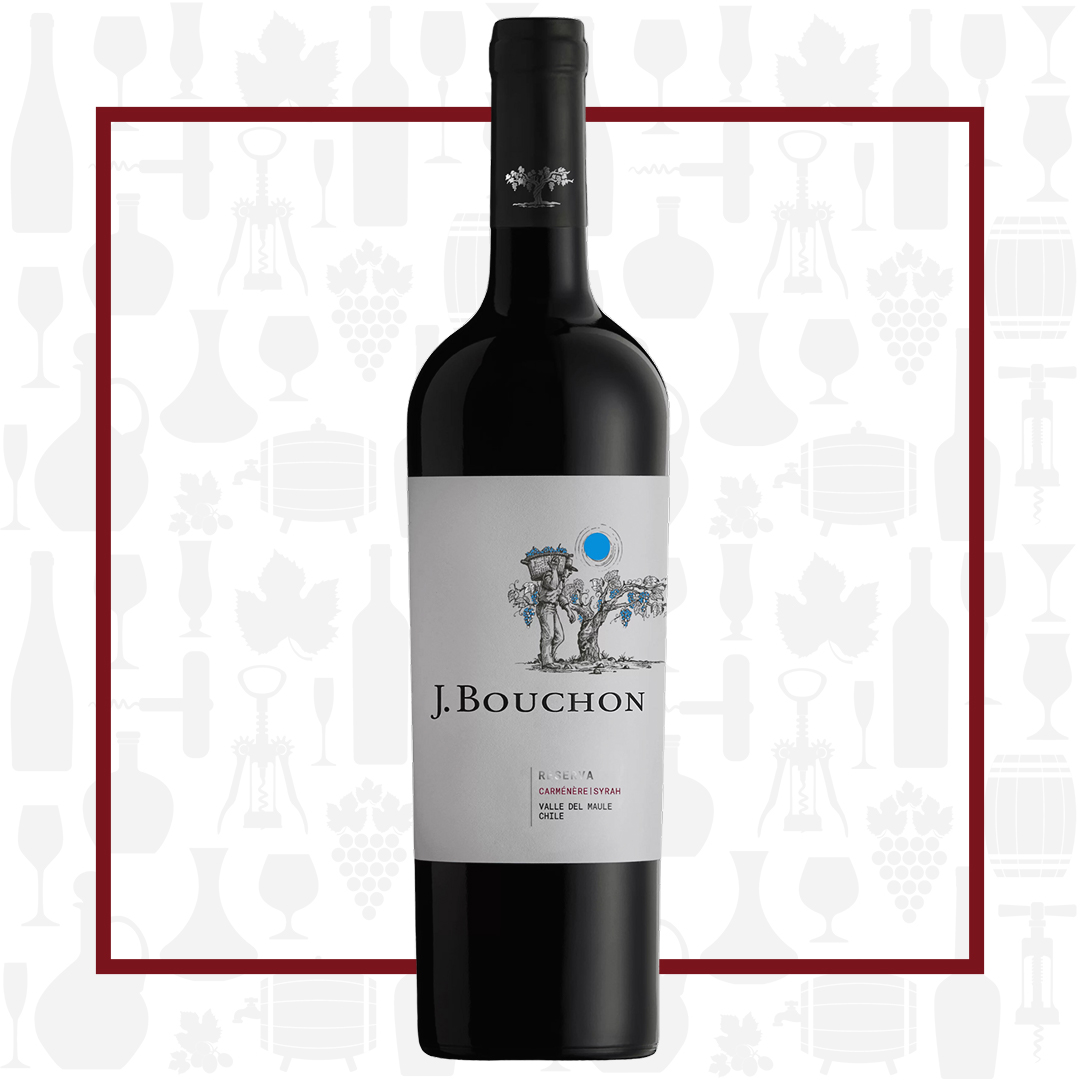Cellar Profile
In the spring of 1887, a young Frenchman named Emile Bouchon left his small winegrowing town in Bordeaux, France and boarded a ship headed for Chile. In time, he purchased a wine cellar in Colchagua Valley and turned it into one of the most prominent vineyards of that age. Emile's grandson, Julio, fell in love with the granitic soils in the interior dry area in Maule Valley, acquiring Mingre Estate in 1977. The family acquired two additional Maule vineyards with different soil compositions and perspectives. These minimal interventionists are part of "Vigno", an association of winemakers created to highlight the exquisite qualities of Carignan from the Maule Valley. "Vigno" Carignan vines must be organic, dry-farmed and at least 60 years. The winery is also part of a recent movement to use the exciting, indigenous Pais grape — formerly the region's workhorse variety — to make top-end quality wines. Pais Salvaje (their Natural versions of Pais) are made from untrained, wild vines that have mutated, spread around their home vineyards and twisted around trees and which are harvested on ladders from the treetops themselves. They work with concrete, French oak and clay amphorae in the cellar and spontaneous ferments are used in order to further highlight the unique terroir of their vineyards. Bouchon Family Wines garner accolades around the world.
Region
The Maule Valley was one of the first viticultural regions in all of South America, planted most commonly to Pais (known in California as Mission grapes). Part of the larger Central Valley region of Chile, Maule lies further south than the better-known Colchagua and Maipo regions. It is also cooler than Colchagua or Maipo. The flow of the Maule River that runs into the Pacific helps moderate daytime temperatures in the interior part of the region and cool evenings during the growing season help maintain freshness and acidity in the wines produced. The proximity to the Pacific Ocean means there is plenty of rain during the winter, but the growing season is extremely dry. You find primarily alluvial soils from old sea beds, along with red clay and granite. As the resurgence of Pais has brought more acclaim to the old vine vineyards of the region, so has cultivation of Carignan. This French grape gives plush, black fruit-scented wines with structure. "Vigno" (which stands for Vignadores de Carignan) is an association of old vine Carignan growers whose goal is to create an appellation of origin for wines made from old Carignan vines that have been dry-farmed and bush-trained in the Maule Secano area.
Vineyard
The winery's newer Santa Rosa vineyard has alluvial, pebbled soils due to its proximity to the Maule River. A small amount of drip farming is used. Farmed sustainably and organically, the expressive wines from these vineyards have freshness and intense minerality.
Winemaking
Bunches are brought to the winery in the cool of the morning, where they are hand sorted and pressed into stainless steel for a two week maceration and fermentation using wild yeasts. 50% of the juice is transferred into French oak for 6 months of aging, while the rest remains on its lees in tank, before being bottled lightly filtered.
Tasting Notes
A heady nose of blackberry, cassis, dark chocolate and white pepper. The palate is rich, but balanced with a good seam of acidity and some tannic backbone. On the palate you'll find black fruits, dark plum notes, musky spices and roasted red pepper. The finish is long, with some hints of sweet vanilla. Chill to cellar temperature and serve with grilled burgers, BBQ ribs or a pepperoni pizza.
Varieties
Carménère is one of the "lost" Bordeaux grape varieties, once widely grown in the Medoc. It needs moderate / warm climates to fully ripen or it can give vegetal and green notes to a wine. These wines tend to be medium-bodied, with red fruit and spice characteristics, however brawnier, more robust examples are possible when given proper care in the vineyard. Syrah was found to be the offspring of two obscure grapes from southeastern France, Dureza and Mondeuse Blanche. The style and flavour profile of Syrah is greatly influenced by the climate in which the grapes are grown. Moderate climates, such as the northern Rhône Valley, tend to produce medium- to full-bodied wines with medium to high levels of tannins and notes of blackberry, mint and black pepper. In hot climates, Syrah is more consistently full-bodied with softer tannin, jammier fruit and spice notes of licorice, anise and earthy leather.

